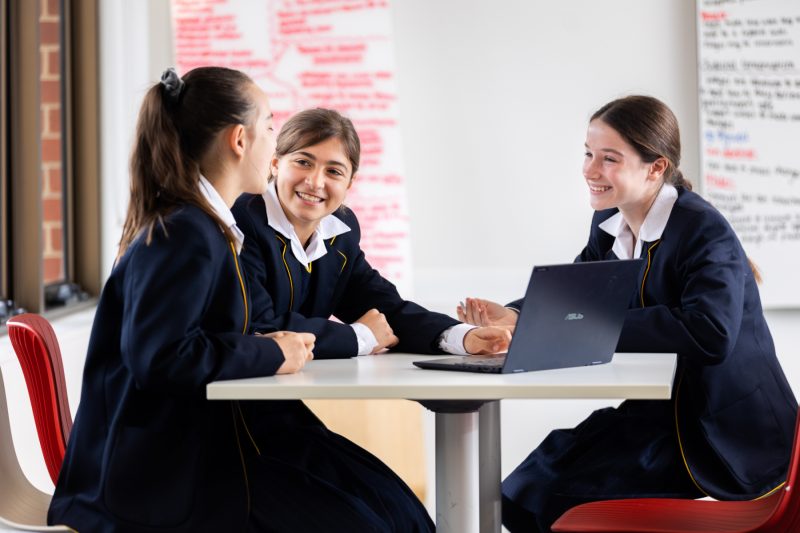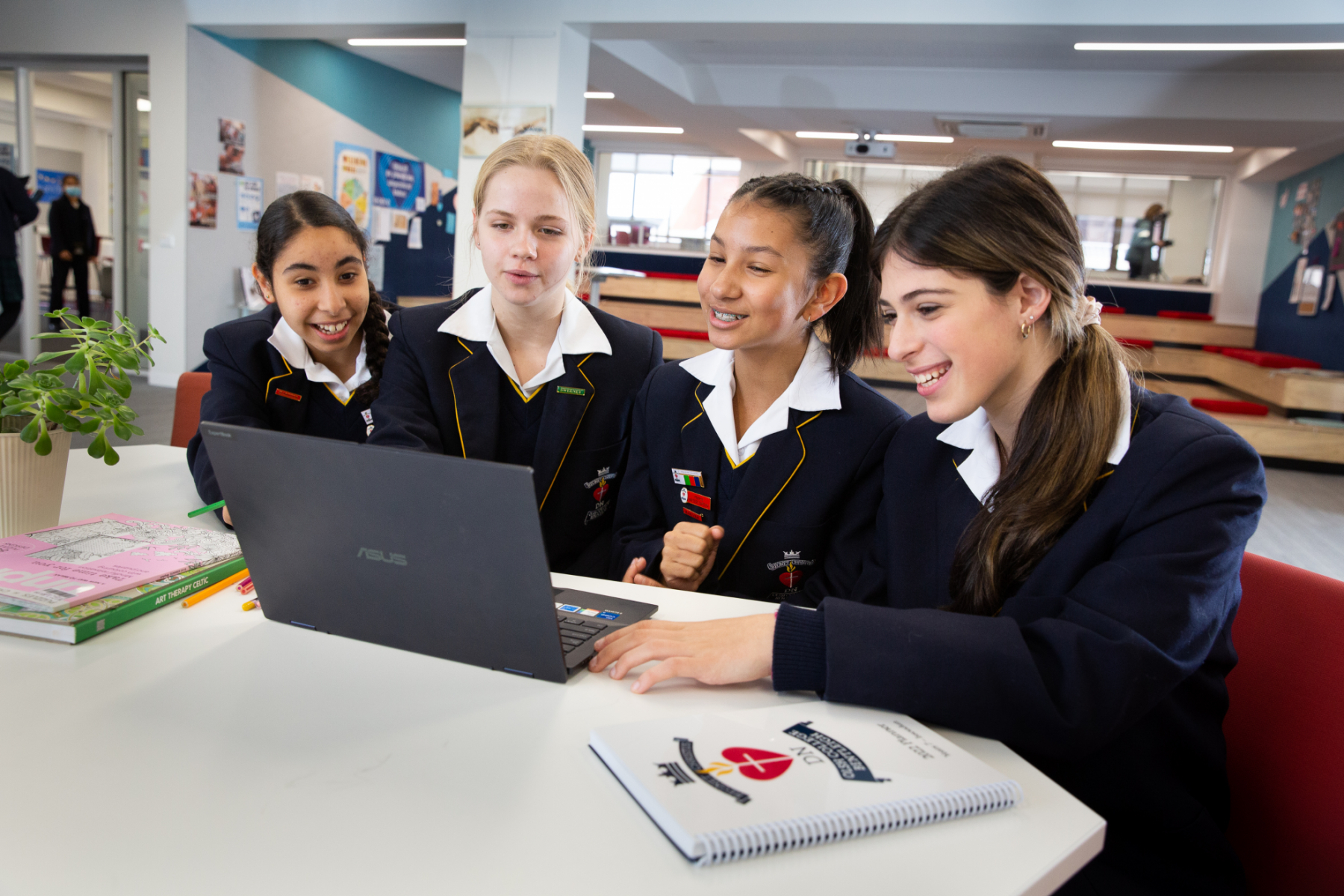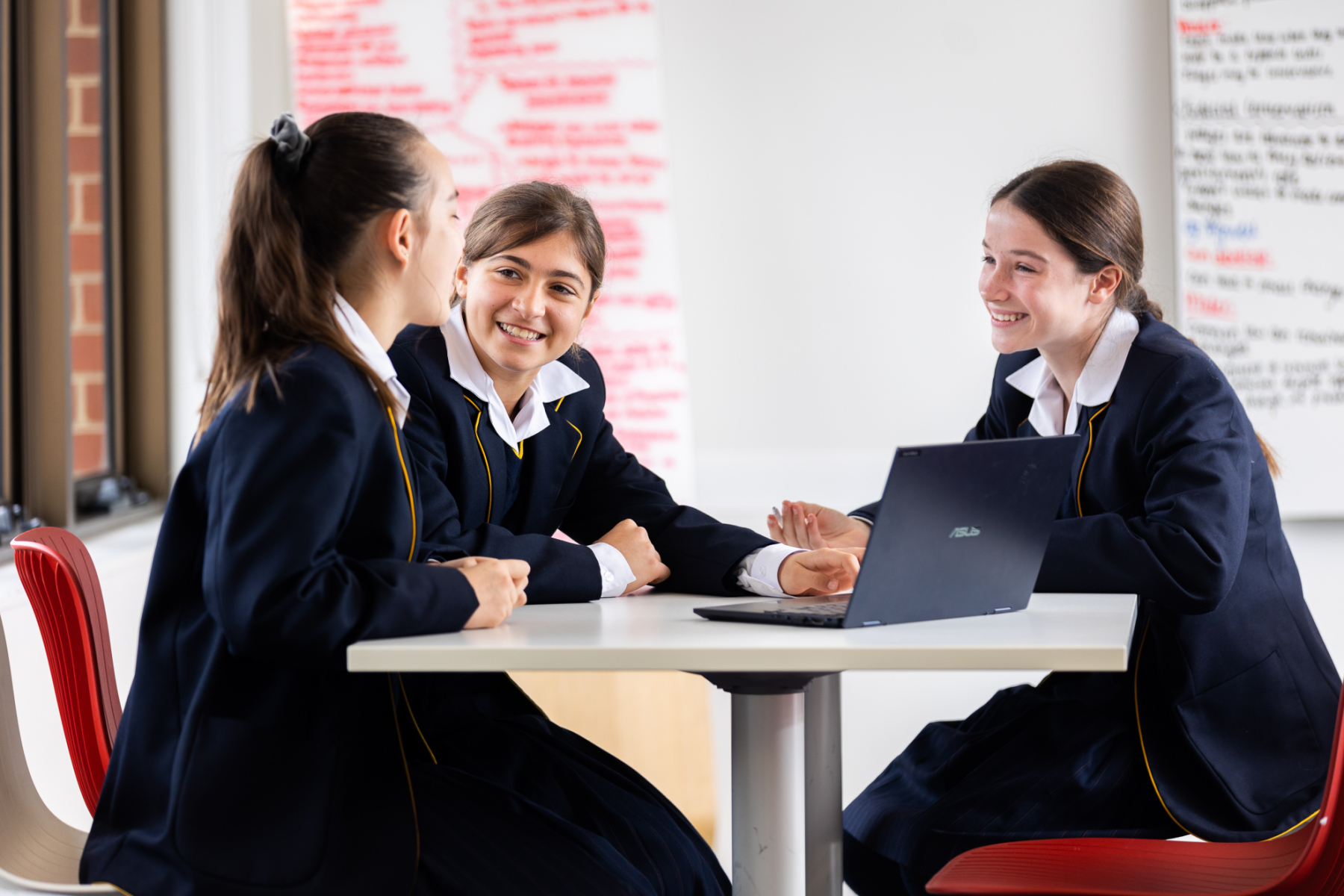Managing screen time: When being disconnected is a good thing
Over the past four weeks, 57 students and 10 staff members have been living and learning together in the beautiful surroundings of the Southern Highlands in New South Wales. A unique aspect of the Hartzer program is the intentional disconnection from technology during the day. Students have limited access to their devices, with a short window in the afternoon to contact home, while mobile phones are securely stored away for the rest of the day and overnight. Although this can be a challenge at first, many students come to experience a sense of freedom in being less tied to their phones.
Social psychologist Jonathan Haidt argues that there is a strong link between the rise in mental health issues among young people and increased smartphone use. Recent studies show that 77% of teenagers spend more than five hours per day on screens. However, it's important to recognise that not all screen time is the same.
Parents have a vital role to play in modelling healthy and balanced screen use. Rather than simply monitoring device habits, it is more effective to mentor and model thoughtful usage. Children are far more likely to imitate what we do than follow what we say.
It can be an ongoing challenge to manage screen time at home. This SchoolTv edition provides parents with a range of guidelines and strategies to help manage screen time at home.
Ms Dina Oro
Deputy Principal Student Wellbeing





 contact
contact














